War and Abuse against Vulnerable Brazilian Populations
- plataforma9

- Apr 2
- 12 min read
The Armed Forces waging war against civilians.
The Armed Forces
War doesn’t happen the way it used to last century. It has evolved into hybrid forms, and it has found new ways to hush up misconduct and facts in general. We might not see the weapons or the soldiers, but every aspect of our lives is affected by the work these people do. Every time we travel, or buy imported food; actually, every time we identify ourselves as having a nationality, it’s because of them. Military defense institutions are the reason why States exist, why borders matter, why we speak a certain language, and why we can’t simply put up a tent at the beach. Still, military presence can become even more prominent in daily life, and during supposedly peaceful times.
The possibility of a military regime in Brazil has been floating around in conversation since before Bolsonaro’s presidency. He has notoriously defended the military dictatorship of the 60s, and the man who was responsible for the torture of Dilma, Brazil’s first female president, during this regime. He was a military officer during the dictatorship, and said he wouldn’t accept the outcome of the Presidential election if he didn’t win – Recently admitting to having considered military intervention in 2022.
In his 27 years in congress, Rio de Janeiro was a target of 36 Armed Forces operations. The first one in Rio, in 92, was also the first in the country. The cases when the AF are used to control the Brazilian population are called GLO’s, ‘Guarantee of Law and Order.’ Of the total directed at 'urban violence,' 43% happened in Rio. While most other states had 0, seven states had 1, and three had 2 – Rio had 10 (Not counting 1 operation that had 15 phases). Now that he has been president, the hyper militarization of Rio was expected to spread throughout Brazil.
There are some predictable implications to military presence in civil scope in terms of public safety, and 'law and order.' The military are used as cops, the public perception of crime drastically changes, and the privatization of prisons makes it all highly profitable.
Misogyny
Women have been introduced into the AF only recently. There was particular pressure for this to happen during Dilma’s presidency, as there were no high-ranking women yet. When Dilma was impeached, in 2016, the wife of the man who took her place was praised for being “beautiful, modest, and of the home.” These are passive-aggressive methods to keep women in the domestic realm (and in this case out of the absolute highest office in the country), but there are aggressive methods as well, visible in the consistently alarming figures of hate crimes against women and LGBTQ people.
Introducing women into the AF might not be the solution to sexism, but it could bring quick and significant changes to the lives of marginalized women to whom interaction with the AF is inevitable, as well as to the culture within the institution. The demilitarization of humanitarian aid and health resources must follow. And to ensure the long-lasting effects of public health efforts, homelessness must effectively end, with stable housing and running water being provided to all.
The first solution is only quicker because it has already been discussed for a few decades, and the change has still happened slowly. While the other solutions unfortunately haven't significantly entered the realm of consideration in public discourse. In 2011, a study was published on the insertion of women into the Navy. This is the opinion of an officer about how this change has been:
“Sometimes we see that, because of the co-existence of men and women in the Navy, there are involvements between female officials and soldiers, and officials and female soldiers. […] I’m referring to intimate extramarital relations, that the man should be looking for out there, and ends up looking for inside the Navy. [… T]he women [also] introduced another language. There are words that are in the Naval tradition, and a lot of things changed […].”
– Story on page 90 of a 2011 paper called “Public Policy of Gender: Inserting women in the Brazilian Navy as soldiers.”
It was difficult to pick one quote to analyze; this paper is filled with uncomfortable sexist remarks veiled as not-sexist because they are delivered as compliments or as straight-forward facts. For instance, “it’s great to have women in the Navy because the work environment is much tidier and cleaner” (p. 91), as if one great thing women have to offer is their inclination toward domestic work. This attitude completely ignores the oppressive socio-political conjuncture that has caused women to perceive domestic duties as their (unpaid) responsibility, while the man goes out to do the real (paid) work. The environment is also much “gentler,” “studious,” there is less cursing, and males need to watch their “vulgar language.” Aside from the fact that they find the presence of women in bathing suits “embarrassing” during physical training.
Women officials and soldiers are specified as female, while the male ones are omitted and implied. This highlights masculinism as traditional. Maleness is specified only when describing sex as something 'men' look for. As such, treating sex as something men do to women, symbolic of rape culture. “Extramarital” and “out there” are alarming terms that call for urgent and thorough research on how these men treat local women in the regions they settle in for work. If rape culture emanates from a language that is considered traditional, we cannot ignore how this language reveals an attitude that might be acted upon at any moment. Unfortunately, there are no figures or data regarding sexual misconduct by soldiers and officials, only endless stories of men cheating on their wives.
Lack of Data
There is lack of data regarding sexual assault, harassment, and other gender based moral attacks perpetrated by members of the Brazilian AF. In a report from a meeting of the Gender Commission of the Ministry of Defense (GCMD) in April 2015, a representative of the Secretariat of Personnel and Education states that there is no formal registry of assault cases because the “'system' tends to hush up facts that occurred.” Soon after, a male representative of the Institutional Organization Secretariat says that it’s important to establish the purpose of this sort of research, and to manage the expectation of results. He claims to have done the research, finding insignificant numbers of cases, some of which include men as the actual victims. Therefore, he expressed concern for the tendency towards hollow “denunciationism,” meanwhile ignoring more than one person’s affirmation that there are no figures on the topic (and no other clear explanation for why that is). This year, a female Naval lawyer explained to me that these figures don’t exist because they are considered personal information processed by the courts; inside the AF, only Intelligence personnel has these reports. In other words, reports and figures exist, but in secrecy.
On this topic, the public dialogue screams of masquerade, especially when it ends admitting that these meetings are a response to the pressure posed by International Relations to meet standards of gender equality. A Minister’s closing statement described Sweden denying diplomatic agreements with Saudi Arabia over the issue of Women’s Rights. Meaning, one must not damage diplomatic relationships with western countries for lagging in this matter, and Islamophobia is a convenient veil for machismo.
The same meeting fostered a debate over the use of the word “equity,” since some worried that it might be taken too literally; as in the expectation of 50/50 participation of men and women in the AF. Would that be so bad? To them yes, because that would mean replacing meritocracy with some type of affirmative action – as if women have had the choice of entering the AF, and when so, have had the psychological will to be molded into a violently masculine environment where not even the facilities are designed to accommodate them.
The GCMD still assures that female spaces are only granted within a system of meritocracy (2017). What this means is not so much that women can enter when they are qualified and valuable, but instead when they have effectively lived up to the existing (male) standards that were established by Military institutions 200 years ago. Meritocracy is nothing more than an excuse to marginalize, in this case, women.
Their meeting records from 2014 already reveal subtle clashes between the ‘talking about’ women’s issues versus actual female participation in these talks. A colonel announced the workshop The Protection of Women in UN Peace Operations and Maintenance, which was about how to protect a local female population during “peace” missions. However, there were no more spots available for members of the GCMD, which lead a female Tenant, member of the Superior School of War, to immediately lay out the embarrassingly low percentage of women in the educational institution (18%). Usually these low percentages are blamed on the fact that women only sign up for the Army voluntarily, while for Brazilian men it’s compulsory. All long-term Army carriers are voluntary; men are under no obligation to serve more than a year, and the fact that these 9-12 months are compulsory for men only ensures the masculine predominance in the field.
Colonialism
“Ribeirinha women are easy, but opportunistic, and go after child’s pension. So, make sure not to impregnate them. Don’t even leave the condom laying around – flush it down.”
A line officer from the Navy told me about this advice given to newcomers of the 9th, 6th and 4th Naval districts of Brazil – Advice about hushing up evidence of sexual misconduct while off duty. The line officer also told me that he’s seen co-workers spend over 20 thousand reais on a weekend “partying” with local women. Some live extravagant lives in impoverished areas and enjoy being sought after for their wealth. These districts include the most vulnerable population of the country, and also the highest number of indigenous peoples; it includes the Amazonian state, and where the Amazon River meets the ocean. There, river-side populations, called Ribeirinhos, are considered Indigenous or Quilombola.

The Navy, as an institution formed during an explicitly colonial period, to this day normalizes the sexual exploitation of women of color (Indigenous and of the African diaspora). Even if sexual assault happened and got reported, neither the perpetrator nor the authorities hearing the case would come close to interpreting it from a perspective any other than one plagued by toxic masculinity and colonialism.
“It’s an advice that shows the normalization of sexual abuse often in power over the most vulnerable. The dehumanisation of these women in describing them as opportunistic disregards how their life-conditions have been deeply shaped by ongoing exploitation.” – Jördis Spengler, sociologist.
The “Protection of Women in UN Peace Operations” workshop from 2014 seems to not have been fruitful up to now. Could it be because it was predominantly led by, and attended by, men? Have these meetings, groups, or sub-institutional acronyms made significant advances in Women’s welfare in this century, or do they exist as no more than an international relations facade displayed for the West?
Prepotency
The Maria da Penha Primer, a 40-page informative guide on a groundbreaking law aimed at addressing domestic violence in Brazil, highlights 'prepotency' as a significant trait of a perpetrator. AF members are often drawn to the position precisely because of the power and influence it provides, not just through access to intimidating heavy artillery, but also in terms of prestige, wealth, authority, and access to highly exclusive physical locations.
In Brazil, the Armed Forces not only uphold the State's sovereignty but also play a role in civilian control. A large portion of the police force is already militarized, and the Military is also called upon for support in special situations, known as GLOs. Often, these operations involve land and resources, and are directed against populations in favelas, indigenous communities, quilombos, and during protests.
The sovereignty of the favela and its population;
The access of Indigenous and Quilombist communities to forests, mangroves, rivers, and other sources essential for their spiritual, cultural, and practical needs;
Individuals expressing their views and frustrations by protesting in urban areas;
All of these are deemed threats to the State and justify waging war on civilians.
Article 331 of the penal code grants these armed authorities the power to criminalize contempt. Given that contempt is a vague concept, it allows officers and soldiers to detain individuals for any perceived antagonism. Disobeying their commands is considered an attack on the 'State function,' potentially leading to up to 2 years of imprisonment. If the act was politically motivated, it might be classified as terrorism.
This demonstrates their enhanced power and influence, which characterizes prepotency. While this on its own doesn't establish any wrongdoing, it emphasizes the urgent requirement for gender education among members of defense institutions. It mirrors a culture within the AF and highlights the difficulty of transforming this culture within such a strict setting.
The Center for Strategic Studies of Defense (CEED), an international and relatively autonomous initiative, started researching the role of women in the Latin American defense sector around 2015. As of now, the outcome remains uncertain, as does the Brazilian defense ministry's willingness to participate.
It seems the research questions already called for significant action. Section 5 of the form, focused on Work Environment, inquires about the presence of an office for women's welfare, support for domestic violence, a registry of harassment cases, and sexual education programs. Among the officers I've encountered, none are aware of these programs, this research, or have participated in any related exchanges. Within the last 6 years, the CEED website ceased to exist.
Homelessness
What happens after a favela community is evicted? The area surrounding the Landless Community (Sem Terra) of Parque União in the Maré complex has been dealing with instability and evictions since the 1980s. Although the area was developed in the aim of providing affordable housing for vulnerable communities, vulnerability persists. What is the purpose of evictions and demolitions of irregular buildings? And what happens after families are evicted?
The latest eviction in 2024 was justified by authorities, and echoed by the media, as being due to the buildings facilitating money laundering for drug trafficking. Although the structures were technically illegal, they were described as "luxurious." Essentially, the residents of these incomplete buildings were not considered vulnerable because they had access to amenities like a swimming pool; as such, they were seen as complicit with or participating in drug trafficking activities.
This narrative is crafted to justify deploying the Brazilian Army against its own population, framing it as an attack on Organized Crime rather than on vulnerable Brazilian citizens who are entitled to basic rights like housing and health.
Half a year later, many of the 40 homeless families still have nowhere to go, and live on the streets of the community they were evicted from. Sunk in indignity and obviously without access to the luxuries supposedly provided by Organized Crime, fights break out among themselves, weakening the potential for a cohesive resistance movement. It is impossible to organize against the narrative constructed by the authorities to rationalize marginalization when the extent of their marginalization is so severe that even basic survival is not assured.
A few meters from the Landless Community, the Special Operations Support Center, a military base, was set up to support security operations, monitoring and combating drug trafficking in the region. The presence of the military base, with the promise of protection and order, ends up being yet another source of tension for the residents of the area. Police violence often escalates, with operations that result in indiscriminate actions and structural violence that perpetuates the marginalization of residents. The narrative of public safety, associated with the fight against drug trafficking, overlaps with the reality of a population that is simply seeking a decent way of life, far from criminalization and violence.
The lack of effective public housing and health policies for the poorest population creates a vicious cycle, where eviction and violence become everyday life. And when people are forced to leave their homes, often without any kind of support, they find themselves in a constant struggle for survival. With the disintegration of communities and the lack of a support network, resistance becomes increasingly difficult. The State, instead of acting as a facilitator of social inclusion, positions itself as an agent of control and repression, intensifying the already existing inequality.
The eviction of the Sem Terra Community of Parque União is not an isolated incident. It is part of a continuous cycle of forced removals that ultimately dismantle the foundations of solidarity, often the only means of resistance available to the residents. Rather than expanding, the resistance movement becomes fragmented in the social chaos brought about by the lack of effective public policies.
In view of this, it is necessary for society to look at these issues with a critical eye, recognizing that true security and inclusion are not found in repression, but in concrete actions to provide access to decent housing and health. Only then will communities be able to reorganize themselves and fight for their rights effectively, without being constantly stripped of everything they have, including the integrity of their own bodies.
Conclusion
We cannot wait for everyone to agree that the Patriarchy and the State are problematic before starting to implement solutions. There has been, and will continue to be, significant resistance to change. Challenging dominant structures is frightening to those who cannot envision their lives or the world without them. This boils down to a complete lack of creativity and just enough privilege for a range of excuses to keep us on a destructive path.
Questioning the belief in meritocracy can significantly contribute to changing the narrative so that the term “marginalized” doesn’t carry a negative meaning. Men losing the right to spout hateful language can go a long way toward empowering women to take up space. This shift could lead to meaningful changes in the Military's approach to women in vulnerable areas.
As an anarchist, I anticipated reinforcing my opposition to the notion of anyone enlisting in the Armed Forces. Yet, do women truly require more voices dictating their choices? This might be akin to the issue of gay marriage; we first need to legalize it for gay individuals before we can begin to challenge the institution as a whole.
Your rights to independence and freedom from harassment, degradation, violence, sexual assault, exploitation, catcalling, eviction, or any other indignity take precedence over their right to express offensiveness and 'traditional masculinity'. After that, we can begin to become everything we want to be.
__________________
text: Mirna Wabi-Sabi


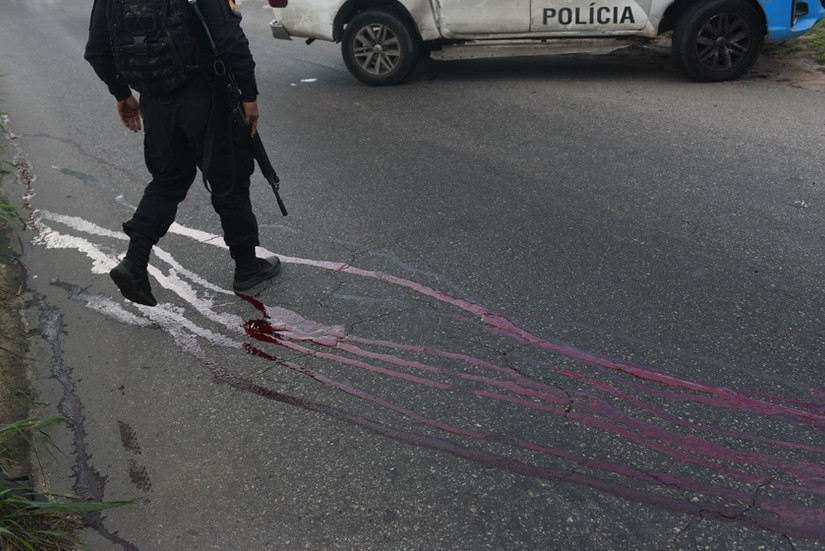

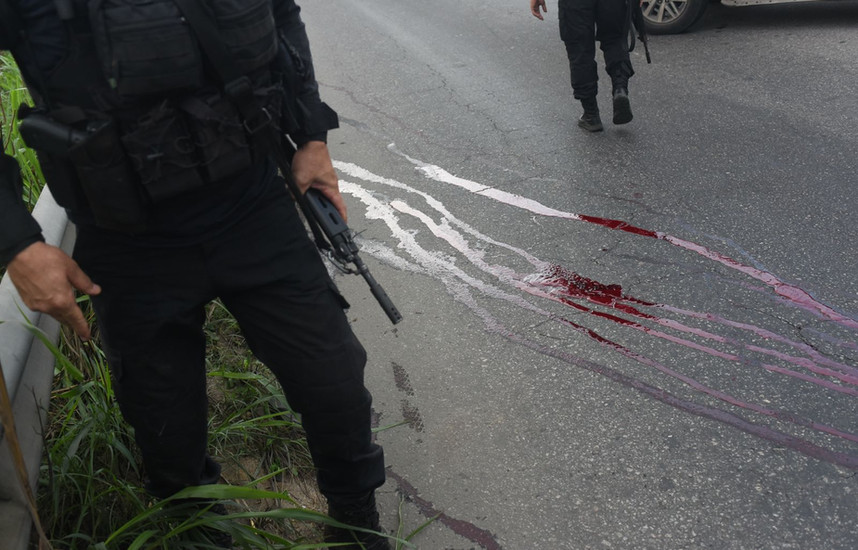









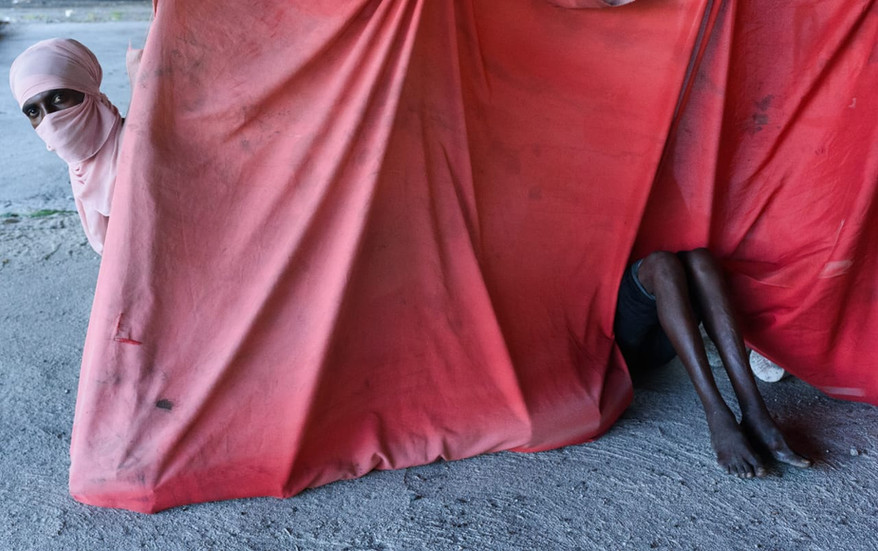

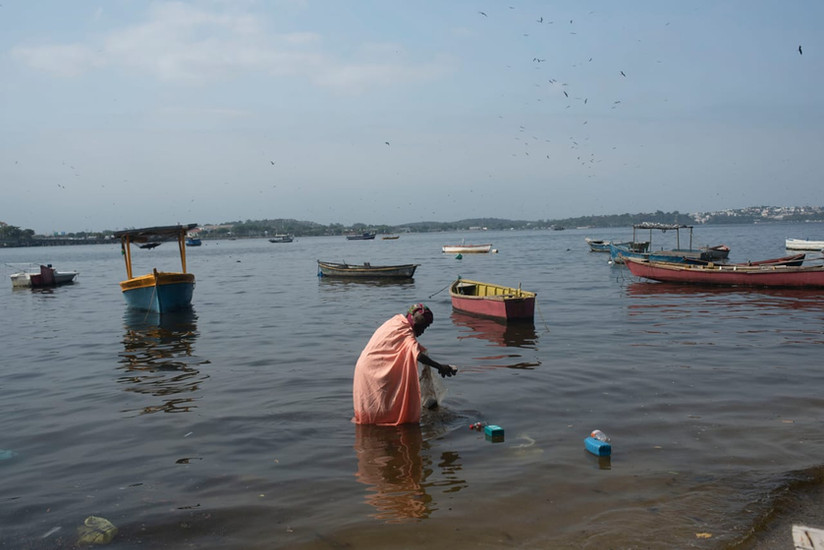



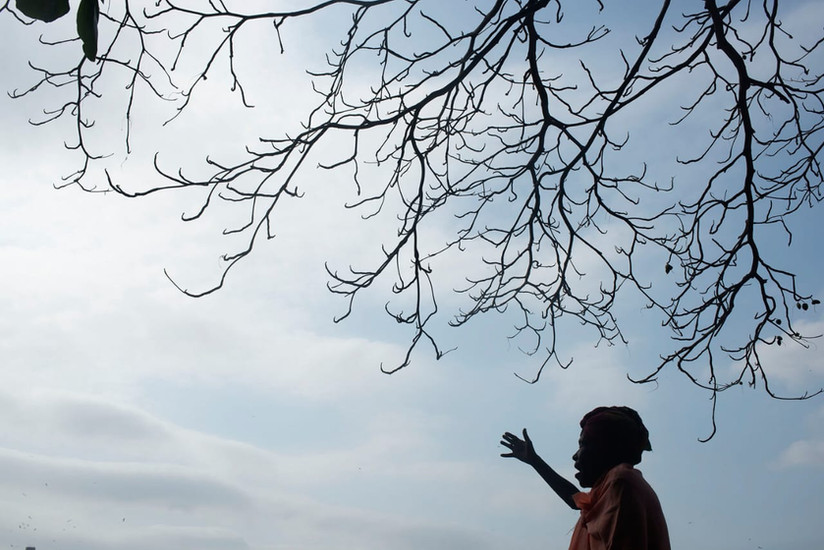

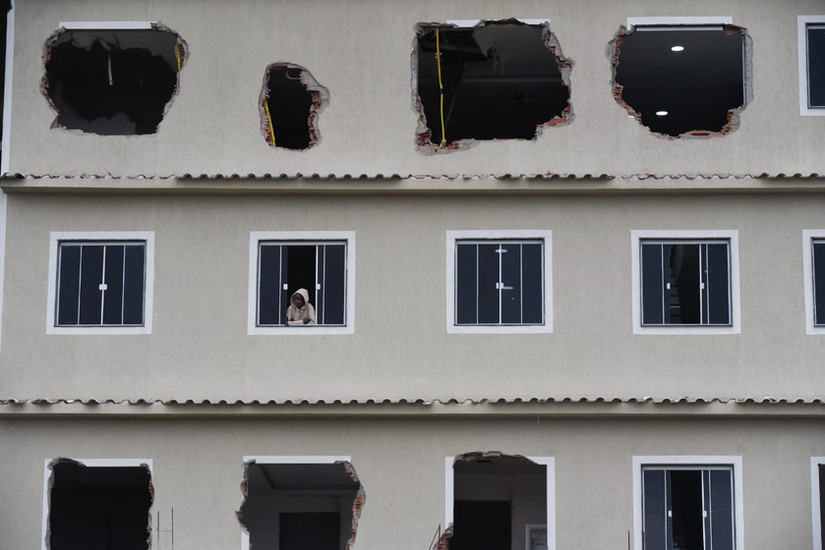

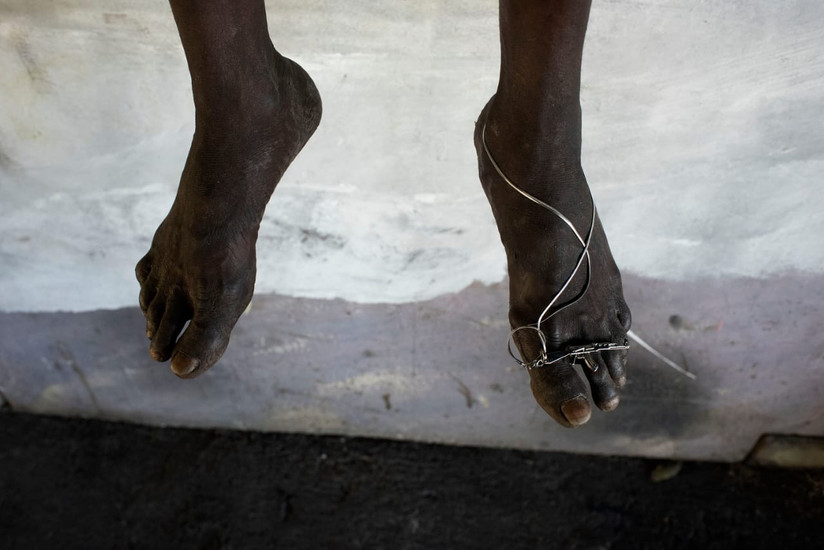



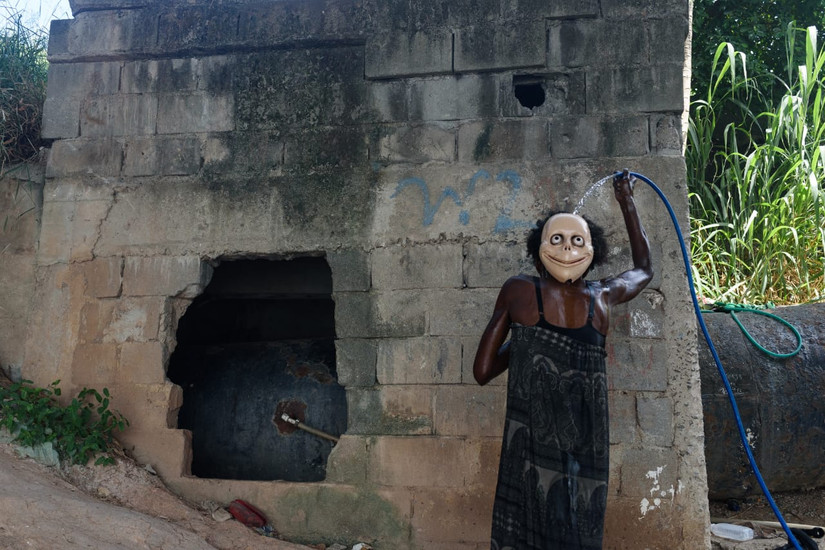







Comments